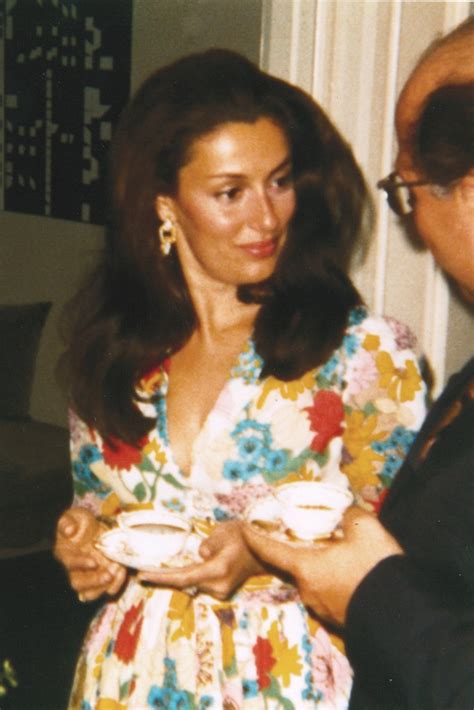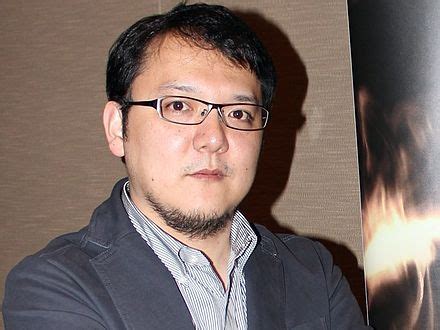A Quote by Craig Mazin
Our culture reflects back what is true. It doesn't always reflect it back reliably. It can distort things.
Related Quotes
The foreign audiences are somewhat surprised and happy to find an American film that asks questions about American culture. There's a certain kind of cultural imperialism that we practice. Our films penetrate every market in the world. I have seen and have had people reflect to me, maybe not in so many words or specifically, but I get the subtext of it - they're somewhat charmed and surprised and happy to see an American film reflect on our culture. Because they see other cultures reflect on our culture but they don't see US culture reflecting on itself in quite the same way.
Love is at once the most creative and yet simultaneously destructive force in the world, and thus, in our lives. And I don't mean the Hallmark sentimental type of love, although that is part of it. But a deeper obligation that we have to each other: the obligation to reflect our humanness at each other, to reflect back the things others show us and we, them.
Since the 1960s, mainstream media has searched out and co-opted the most authentic things it could find in youth culture, whether that was psychedelic culture, anti-war culture, blue jeans culture. Eventually heavy metal culture, rap culture, electronica - they'll look for it and then market it back to kids at the mall.
We always look back at our back catalogue for inspiration for new titles, but when it comes to very old things like the 'King's Field' series, I'm concerned about just mimicking the style of what Naotoshi Zin, the founder of FromSoftware, created for the PlayStation original. I would rather not go back to it simply out of respect.
Our culture is obsessed with youth because we have lost the ancient knowledge that growth never stops. We are not transient, momentary mistakes in
the cosmos- evolutionary curiosities that rise like mayflies, swarm for a day, and are gone. We are players who are here to stay, and the universe was built with us in mind. We reflect it, with our deepest loves and loftiest aspirations, just as it reflects us.





































